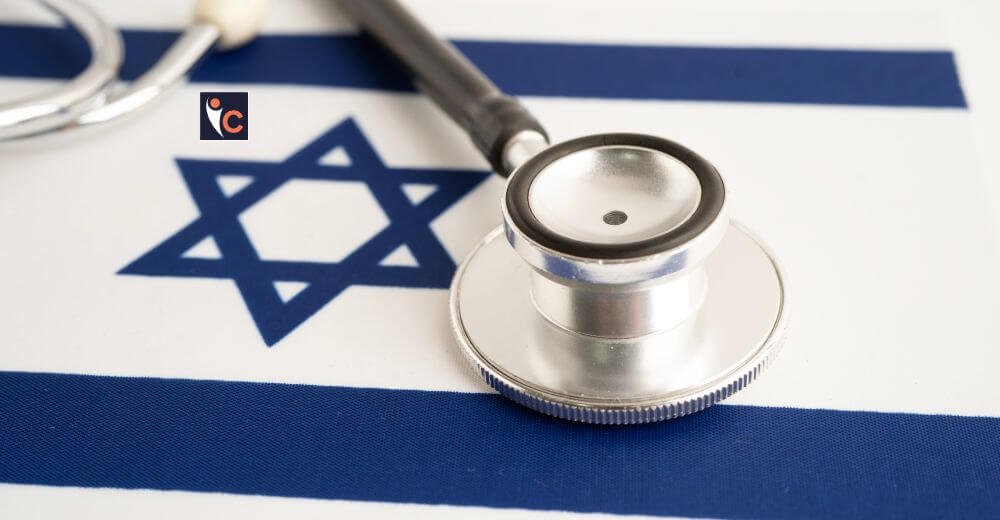What to Expect During a Crisis
EMS play a great role in supporting health and safety of citizens, especially in emergency situations. In the Mediterranean Sea, Malta is a tiny archipelago whose EMS system is well arranged and coordinated with numerous agencies to effectively function cohesively.
This article will discuss some of the core functions of emergency medical services in Malta, their providers, operational procedures, and the challenges faced when delivering emergency medical care.
Structure of Emergency Medical Services
The ministry of health is the primary coordinating body of Malta’s EMS, which oversees several public and commercial bodies. The structure of the system is such that it reacts quickly when faced with medical emergencies, thereby ensuring timely delivery of care for patients on time. Emergency medical services primarily mean transportation with a minimum amount of emergency care. The facilities in hospitals are made ready to treat urgent medical issues. There are immediate service providers, too, such as people with the skills necessary before ambulances arrive.
A Fleet of Specialized Ambulances
Malta makes use of a fleet of high technology ambulances that bring the patients into the hospitals and provide sophisticated pre-hospital care. The running of this ambulance service is under the control of the emergency medical services that are part of the national health services provided for the country.
To manage various emergency situations, the EMS keeps a variety of ambulance types on hand. This comprises specialized vehicles for situations like traffic accidents or patient transfers, advanced life support (ALS) ambulances manned by paramedics for more urgent crises, and basic life support (BLS) ambulances for less serious instances.
Every EMS ambulance has the newest medical technology, including ventilators, medication, heart monitoring, and defibrillators. To guarantee they can provide a high level of pre-hospital care, crews go through rigorous training that covers advanced procedures including intravenous access and endotracheal intubation.
Dedicated Emergency Departments
Patients who need to be admitted to the hospital are directed into specific emergency departments in the two biggest public hospitals of Malta by the emergency system.
Availability is provided 24/7 by teams of experienced emergency physicians, nurses, and support staff within emergency departments. They are equipped with state-of-the-art equipment for identification, ranging from CT scanners to ultrasound machines, thus assisting in the rapid assessment and treatment process.
Dedicated intensive care units support the emergency departments. In critical cases, patients can be transferred to these specialized wards so that they can receive adequate support within a short time, especially in the most critical cases.
Aeromedical Evacuation Capability
In the most serious cases, or whenever speed is an issue, Malta has established an aeromedical evacuation capability. Utilizing the country’s fleet of helicopter air ambulances, patients can quickly be transported to hospitals or assisted with inter-island transfers.
These flying ambulances come equipped with the latest life support apparatus and are manned by most professional paramedics. They initially administer care to the farthest islands and rush trauma patients, or those in need of specialist treatment, out of these islands as soon as possible.
Operational Protocols
The efficacy of Malta’s emergency medical services is largely dependent on defined emergency response protocols. Trained operators evaluate the issue and provide the necessary resources based on geography and urgency when a call is placed to 112, the national emergency number.
Ambulances are manned by paramedics with advanced life support training and are furnished with basic medical equipment. To get receiving facilities ready for incoming patients, communication between ambulance crews and hospitals is essential.
Future Developments
Continuous training for EMS staff is crucial for addressing these issues. Technology advancements like smartphone apps that provide faster access to services are also being investigated. Public education initiatives can also assist in educating the public about appropriate emergency procedures.
Conclusion
Malta incorporates the services of Emergency Medical Services into the general healthcare system, ensuring prompt response and effective treatment in case of a medical emergency. Coordinating such services and working with various public and private agencies, the Ministry of Health is constantly striving towards excellence in the delivery of emergency care services.
The EMS has the most diverse ambulances in the fleet, which carry the most modern medical equipment to be available for the care of the patients by the paramedics, including ventilators and defibrillators. Major medical facilities have distinct emergency departments manned by qualified personnel equipped to handle life-threatening emergencies, from severe illnesses. Moreover, Malta’s aeromedical evacuation has been strengthened, thus raising system responsiveness as it allows for the timely transfers during an emergency.
Considering Malta’s EMS’s advantages, there are also issues, such as the requirement for ongoing employee training and public awareness campaigns. Future advancements might concentrate on enhancing community education regarding emergency procedures and incorporating new technologies. All things considered, Malta’s emergency medical services (EMS) are a prime example of a systematic approach to emergency care that puts patient safety and prompt action first.










